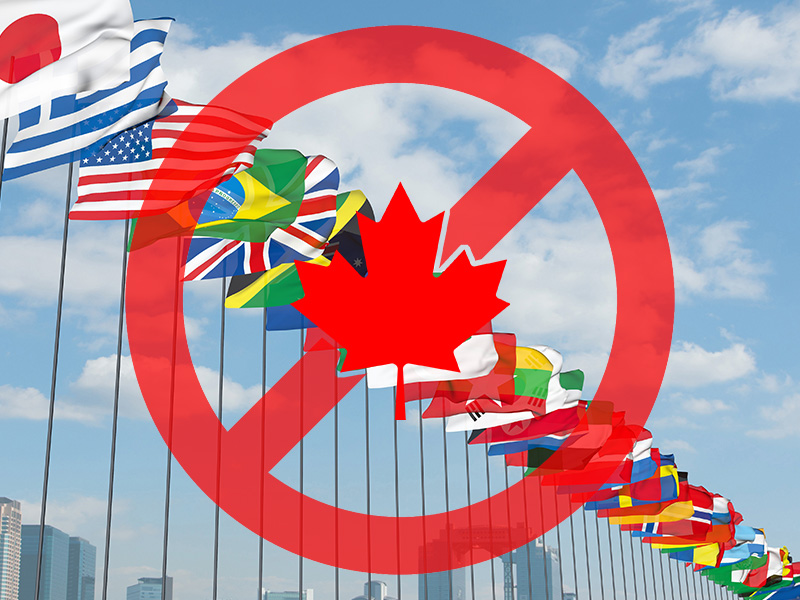
Is Canada’s Foreign Buyer Ban Big News For Home Buyers and Sellers?
After January 1, 2023, non-Canadian entities (which might include individuals or corporations), and foreign-controlled Canadian entities, will be banned from buying property here for two years. The Canada Mortgage and Housing Corporation anticipates that this will help reduce foreign money coming into Canada and pushing up the price and availability of residential real estate. The goal of Bill C-19 (section 235) – which was passed in Ottawa on June 23, 2022 – is to improve housing affordability for Canadians.
Who’s Exempt?
There are a number of exceptions, including:- Canadian citizens and permanent residents
- International students who plan to become permanent residents and who meet certain requirements (see below)
- Foreign workers
- Employed workers who have filed tax returns in Canada for at least three out of four years before to buying property.
- Diplomats, consular staff, and members of international organizations living in Canada.
- Foreign nationals with temporary resident status, including people fleeing conflict, and refugees.
- Buildings containing more than three dwelling units, and recreational property.
Helping Employers Hire New Graduates
International students who have spent the majority of the past five years in Canada are eligible to purchase a property up to $500,000. This privilege not only allows foreign students to call Canada their home after graduation, but it also helps Canadian buyers who live in hot rental markets (such as the Lower mainland and Kelowna). These are areas where foreign individuals traditionally have gone to university and want to stay.Will the foreign buyer ban impact house prices?
There has been a lot in the news about speculators buying up real estate in the most sought-after cities in Ontario and BC. “We will do everything we can to make the market fairer for Canadians. We will prevent foreign buyers from parking their money in Canada by buying up homes. We will make sure that houses are being used as homes, rather than as commodities to be traded.” – Real Estate Board of Greater Vancouver. Interestingly, non-residents make up less than four per cent of residential property owners in most parts of the country, including Ontario and British Columbia, according to data from the Canadian Housing Statistics Program. The federal government, municipalities, and real estate agents like myself do not know what impact this new foreign buyer ban will have on BC’s housing market but we will be watching closely. We are also more likely to see additional action between all levels of government to better regulate the role of foreign buyers in the housing market. This ban is not a permanent one. It’s part of an urgent need for all elected officials to ensure more housing is available for and used by Canadians.
THINKING OF A MOVE? GET ADVICE FROM SHANNON

